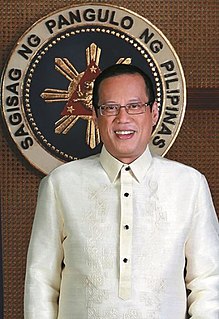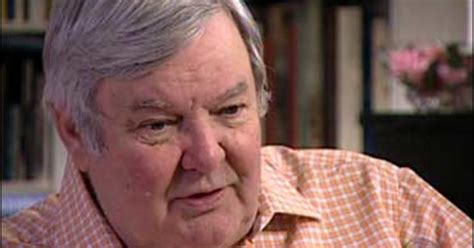A Quote by Tariq Ali
A storm swept the world in 1968. It started in Vietnam, then blew across Asia, crossing the sea and the mountains to Europe and beyond. A brutal war waged by the U.S. against a poor southeast Asian country was seen every night on television.
Related Quotes
When I grew up, in Taiwan, the Korean War was seen as a good war, where America protected Asia. It was sort of an extension of World War II. And it was, of course, the peak of the Cold War. People in Taiwan were generally proAmerican. The Korean War made Japan. And then the Vietnam War made Taiwan. There is some truth to that.
When I was arrested opposing the war in Vietnam in 1965, as I said about 20 or 30% of people were opposed to the war. By 1968, more than half of Americans were opposed to the war. If you pull in Europeans, Canadians, people from around the Third World, the war was vastly unpopular. But even half of Americans by 1968 opposed the war.
It was necessary to put the South at a moral disadvantage by transforming the contest from a war waged against states fighting for their indepdence into a war waged against states fighting for the maintenance and extension of slavery...and the world, it might be hoped, would see it as a moral war, not a political; and the sympathy of nations would begin to run for the North, not for the South.
Could Afghanistan become another Vietnam? Is the United States facing another stalemate on the other side of the world? Premature the questions may be, three weeks after the fighting began. Unreasonable they are not, given the scars scoured into the national psyche by defeat in Southeast Asia. For all the differences between the two conflicts, and there are many, echoes of Vietnam are unavoidable.
It seems strangely difficult for some to realize that here in Asia is where the Communist conspirators have elected to make their play for global conquest, and that we have joined the issue thus raised on the battlefield; that here we fight Europe's war with arms while the diplomats there still fight it with words; that if we lose the war to communism in Asia the fall of Europe is inevitable, win it and Europe most probably would avoid war and yet preserve freedom. As you pointed out, we must win. There is no substitute for victory.







































